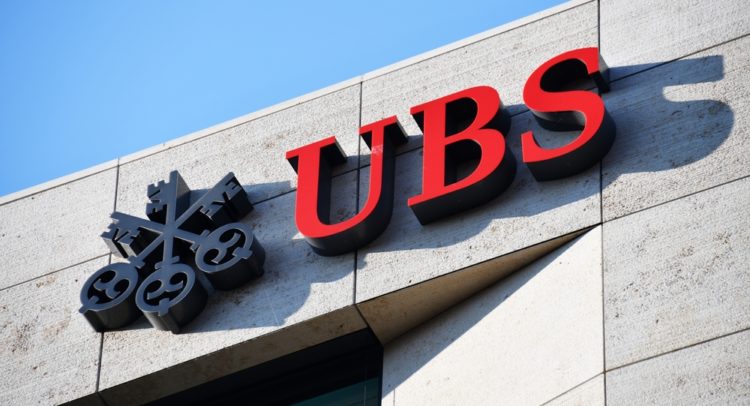UBS Group AG is advising its bankers to reconsider how they publicly discuss certain sustainable products, following legal guidance, according to sources familiar with the matter.
The development influences the language bankers can use when discussing various topics, from net-zero targets to specific client transactions, according to sources who requested anonymity due to the sensitivity of the internal discussions. Certain products, like debt-for-nature swaps, are particularly impacted by the increased legal caution, one source noted.
UBS’s decision to limit the use of certain ESG (environmental, social, and governance) product labels and claims aligns with a broader trend within the finance industry, driven by stricter regulations in Europe and a rise in activist lawsuits. In the US, ESG labels face additional challenges as Republican lawmakers push to ban the financial strategy altogether.
The guidance at UBS aims to prevent the bank from being accused of greenwashing or failing to comply with new regulations, according to a source familiar with the matter.
Lawyers at UBS are developing alternative terminology to replace commonly used shorthand descriptions in the market. For instance, instead of referring to debt-for-nature swaps—financial instruments designed to help governments refinance debt while allocating savings to conservation efforts—they’re advising bankers to use the term “Country Debt Conversion With Associated Sustainable Development goal Funding,” according to a source familiar with the matter.
Credit Suisse led the market for debt-for-nature swaps before its acquisition by UBS last year. Despite the revised guidance on terminology, UBS remains committed to pursuing these transactions, according to a source familiar with the situation.
While the term “debt-for-nature swap” is widely used in the market, UBS’s legal advisors have expressed concerns that the label is vague and could expose the bank to legal risks. They noted that the sustainability impact of these instruments is challenging to quantify and that the term might misleadingly suggest they function like derivatives, such as interest-rate swaps.
In the emerging market for such transactions, banks typically use the term “debt conversions” in client-facing documents. Before its merger with UBS, Credit Suisse used the label “debt conversion for-marine-conservation” for a 2022 deal with Barbados and repeated it for a 2023 deal with Ecuador.
Separately, UBS is reconsidering its use of the term “net zero,” mainly due to the European Union’s Corporate Sustainability Due Diligence Directive (CSDDD). This directive requires large firms to establish transition plans aligned with limiting global warming to 1.5°C above pre-industrial levels—a target that many in the finance sector now regard as challenging to achieve.
UBS Chairman Colm Kelleher stated in April that the bank prioritises its own sustainability framework over that of Credit Suisse, emphasising its “broader application across sectors and generally stronger risk mitigations.” Following the acquisition of Credit Suisse, UBS appointed Beatriz Martin to lead sustainability efforts while retaining her role as head of non-core and legacy operations.
Attribution: Bloomberg
Subediting: M. S. Salama


